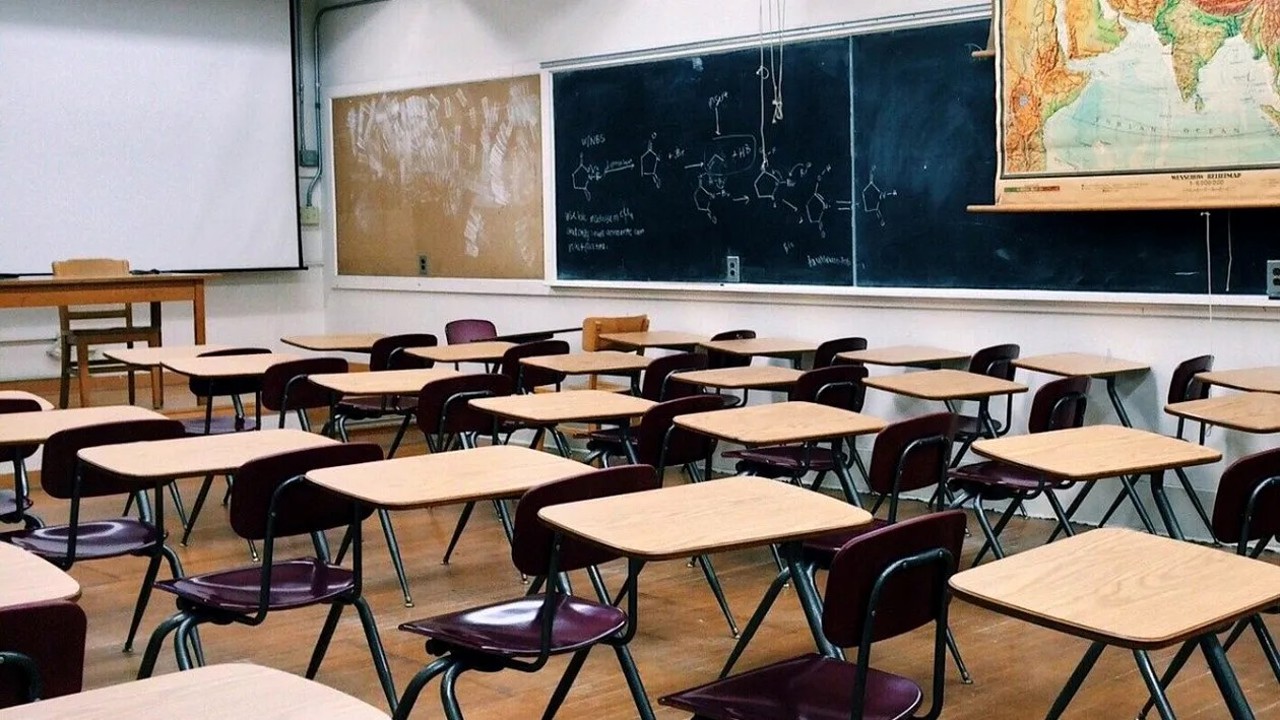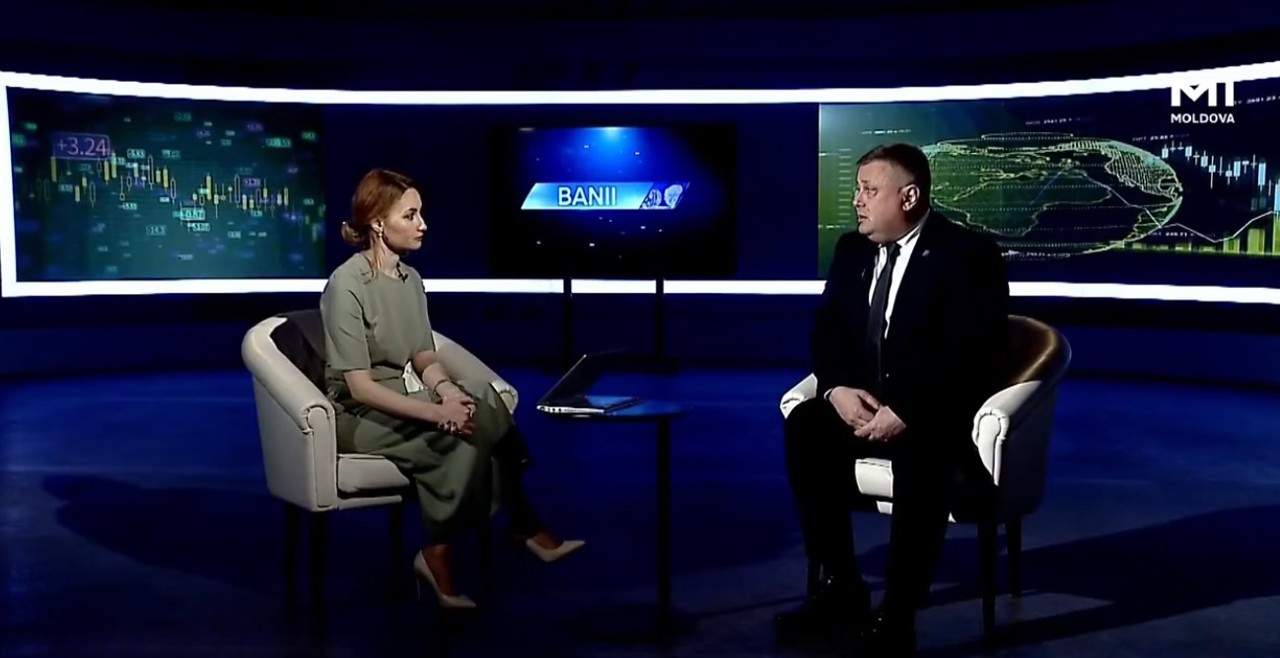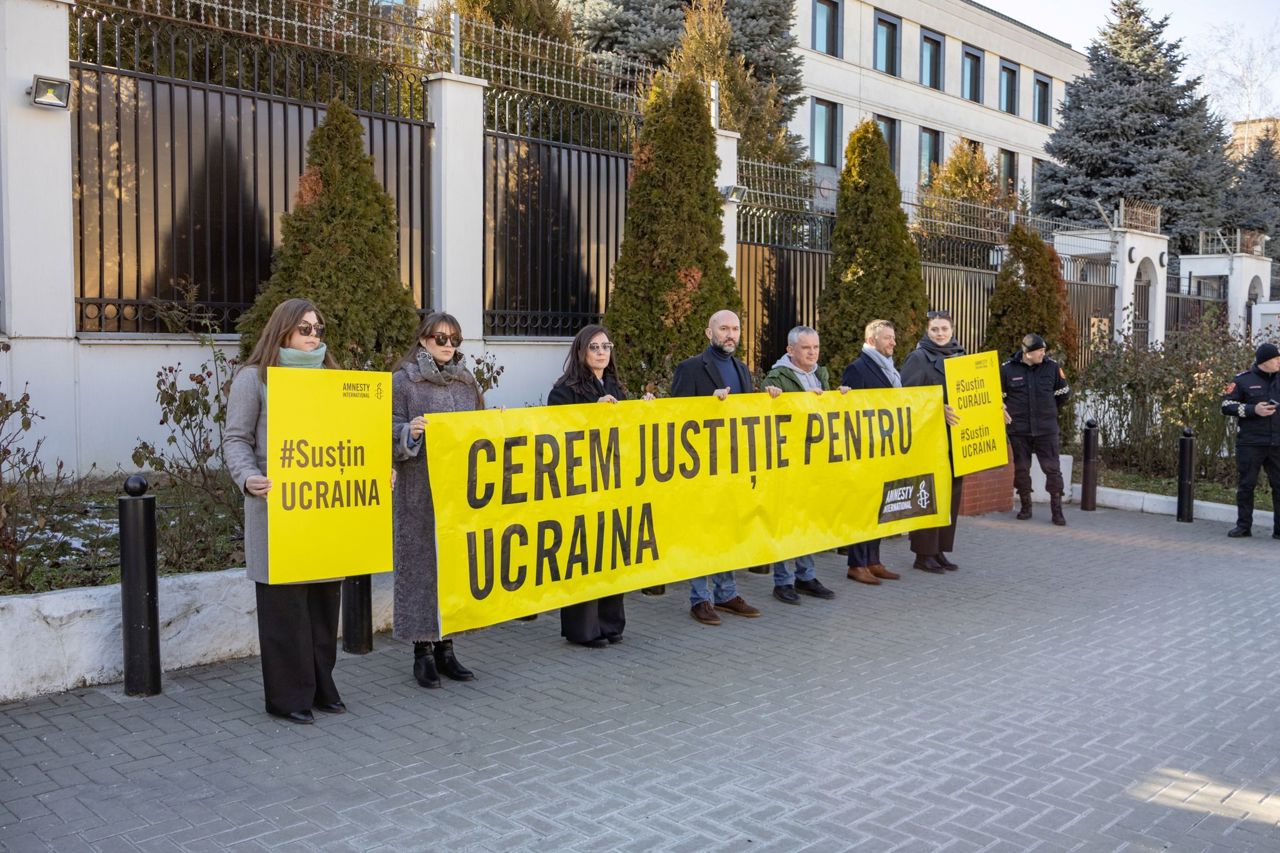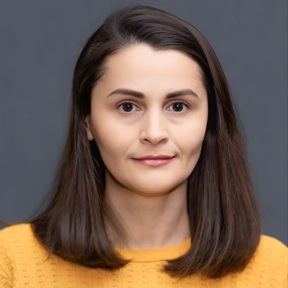Moldova Teacher Shortage: Incentives & Curriculum Reform
Authorities in Moldova are continuing their efforts to bolster the teaching profession by increasing scholarships for students and raising salaries for young specialists.

However, the situation in the education sector remains challenging, with roughly 1,900 teaching positions currently vacant. Due to a decline in student enrollment, vocational schools are undergoing a process of reorganisation. The Ministry of Education and Research (MEC) is also developing a new educational curriculum aimed at equipping students with practical life skills.
Teacher Shortage Persists Across the Country
According to recent data from the MEC, there are approximately 1,879 vacant teaching positions nationwide. The most significant teacher shortages are concentrated in Chișinău, the Moldovan capital, where 520 positions are unfilled. Other areas facing substantial shortages include Gagauzia (127 vacancies) and Ungheni district (97 vacancies). The greatest need for teachers is currently in mathematics (272 vacancies), preschool pedagogy (251 vacancies), general education (138 vacancies), Romanian language and literature (130 vacancies), and physics (116 vacancies).
To address this issue and attract more individuals to the teaching profession, Moldovan authorities have proposed a series of incentives, including salary increases, signing bonuses, performance-based bonuses, initiatives to promote the prestige of teaching, the provision of modern dormitories, and mentorship programs.
New Incentives Offered to Attract Teachers
Graduates with degrees in education who are hired to fill vacant teaching positions will benefit from a financial allowance during their first five years of employment. The amount of this allowance will vary depending on the type of degree earned, with university graduates receiving approximately 3,300 lei per month and college graduates receiving approximately 2,660 lei per month. Additionally, these new teachers will have a reduced teaching workload (75% of a full workload) during their first five years. They will also be eligible for annual compensation of 4,000 lei to cover the costs of acquiring teaching materials and equipment. For those who choose to work in rural areas or district capitals, the government will offer compensation to help offset housing rental costs and utility bills (heating and electricity). Furthermore, young teachers will receive 62 days of vacation leave each year, along with mentorship support from experienced educators during their first five years on the job.
Restructuring Vocational Schools
As a result of declining student enrollment, 15 vocational education institutions will be reorganised through mergers. Representatives from the MEC acknowledge the challenges associated with this process, which Minister Dan Perciun describes as "painful." The rationale behind the mergers is to make better use of limited state budget resources allocated to vocational schools, given the decreasing number of students opting for this type of education. On May 29th, the government approved a project that outlines the restructuring plan. Seven vocational schools will be reorganised through mergers with eight other institutions.
MEC Unveils New National Curriculum
On May 16th, the Ministry of Education and Research (MEC) introduced the concept behind a new national curriculum. The proposed changes involve a two-pronged approach. Existing core subjects will be maintained but will be integrated with new disciplines designed to equip students with practical skills for everyday life. Starting in 2027, Moldovan students could potentially have the opportunity to study subjects like entrepreneurship, environmental science, media literacy, and health education. The second aspect of the curriculum reform plan focuses on schools that choose to implement alternative models within the framework set by the Ministry. In these schools, some existing subjects may be merged, while entirely new subjects may also be introduced.
According to Moldovan education officials, the new curriculum is intended to help students develop the ability to apply the fundamental knowledge they acquire in school to solve real-world problems. Data from the Programme for International Student Assessment (PISA) indicates that a significant portion of Moldovan students struggle in this area. "Even though our students may have a strong foundation in physics, biology, and chemistry, they often lack the skills to apply this knowledge to everyday situations," explained State Secretary Valentina Olaru. "The new curriculum is designed to address this gap, and we hope to see these changes reflected not only in the curriculum itself but also in the development of new textbooks and the overall teaching process."
Potential Merger of Moldova's Largest Universities
A proposal has been submitted by the rectors of Moldova's two largest universities, the State University of Moldova (USM) and the Technical University of Moldova (UTM), to merge the two institutions. The rationale behind the proposed merger centres on the need to strengthen the Moldovan education sector and enhance its international competitiveness. Minister Perciun confirmed that discussions regarding the merger are still in the early stages. If a consensus is reached, the resulting institution would be the largest educational establishment in the Romanian-speaking world.
Translation by Iurie Tataru





